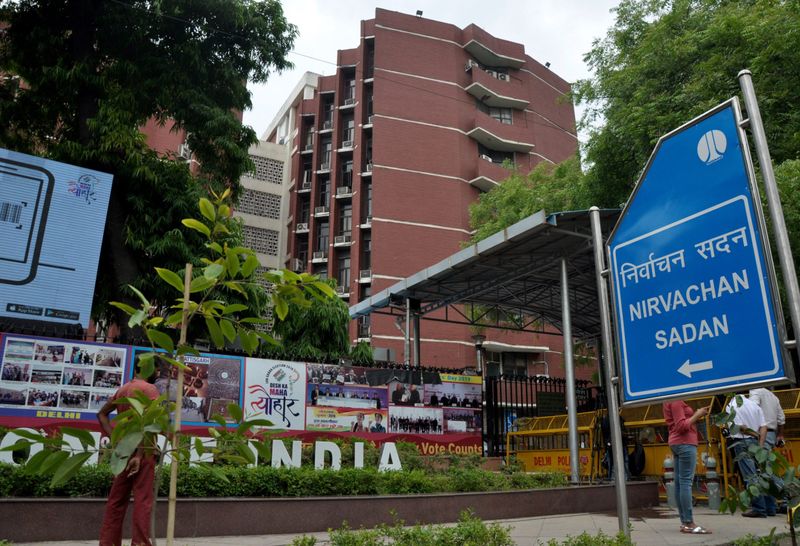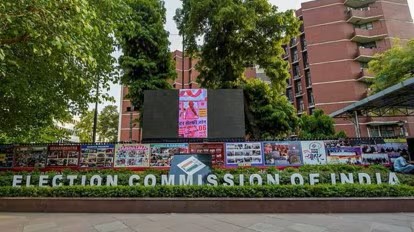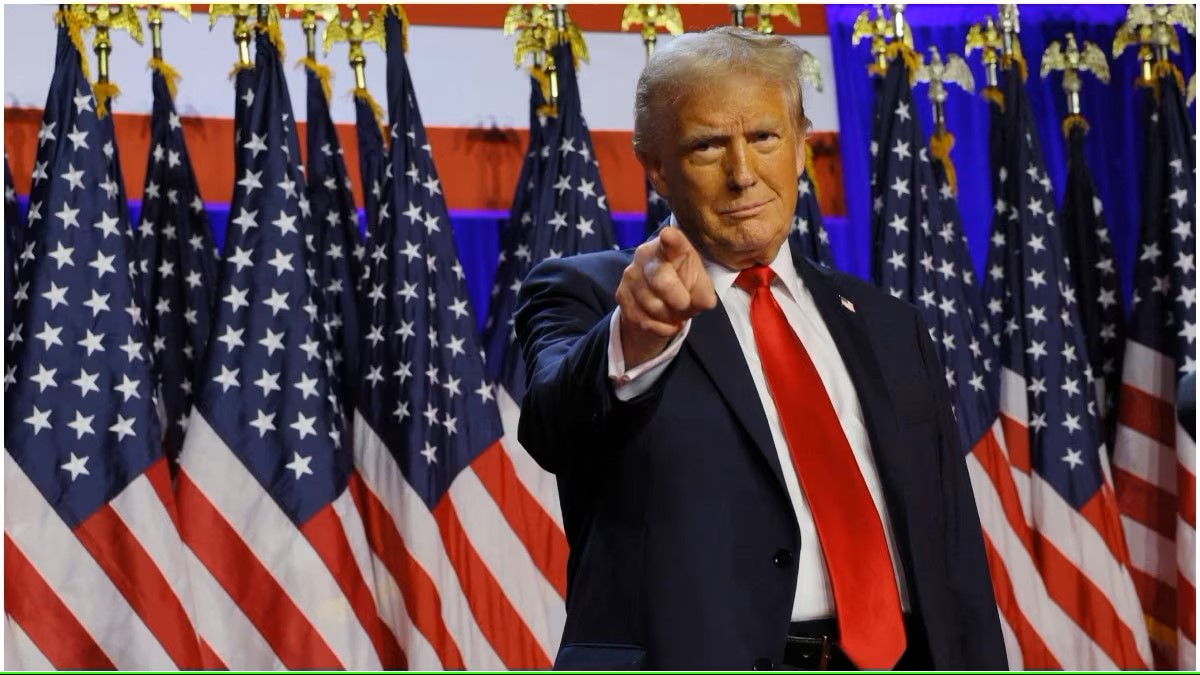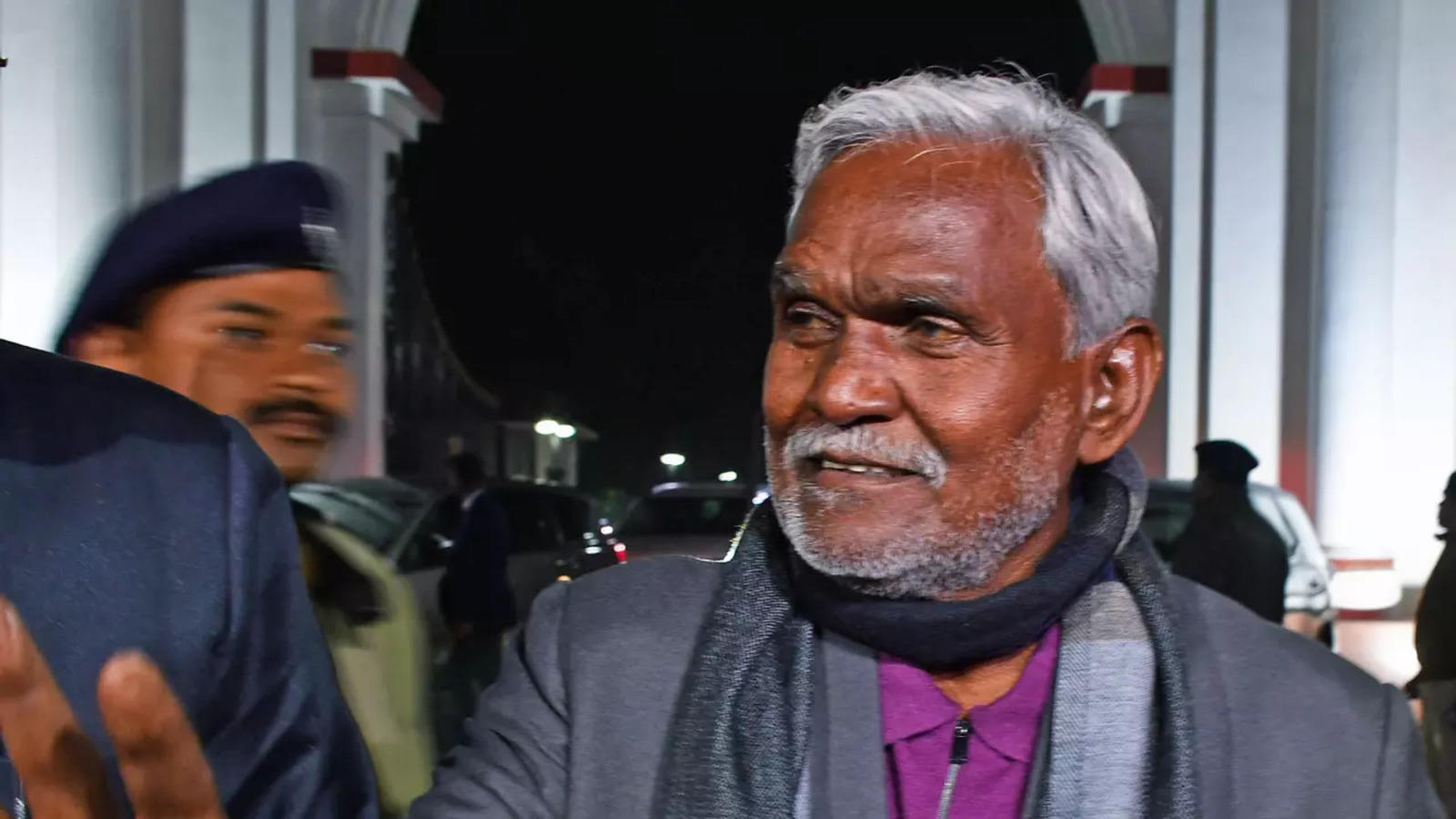The Election Commission of India (ECI) has instructed political parties and their representatives to use social media platforms responsibly and ethically during election campaigning.
 The Commission has highlighted the existing legal provisions for addressing misinformation and synthetic content, which political parties must be aware of. Political parties must remove fake content within three hours of becoming aware of it.
The Commission has highlighted the existing legal provisions for addressing misinformation and synthetic content, which political parties must be aware of. Political parties must remove fake content within three hours of becoming aware of it.
The Commission took note of certain violations of the Model Code of Conduct and existing legal provisions by political parties and their representatives while using social media for election campaigning. It issued directions to ensure a level playing field among all parties and candidates.
The ECI also warned against the misuse of AI-based tools to create deep fakes that distort information or propagate misinformation. It emphasized the need to protect the integrity of the electoral process. Political parties were reminded of existing laws that regulate misinformation and impersonation using deep fakes, including the Information Technology Act, 2000, the Information Technology (Intermediary Guidelines and Digital Media Ethics Code) Rules, 2021, the Indian Penal Code, and the Representation of People Acts of 1950 and 1951.
The parties were specifically instructed to avoid publishing and circulating deep fake audio/videos, misinformation, or misleading content, as well as posting derogatory content towards women, using children in campaigns, or depicting violence or harm to animals.
Political parties must remove inappropriate content within three hours of becoming aware of it, warn the responsible individual within their party, report unlawful information and fake user accounts to the relevant platforms, and escalate persistent issues to the Grievance Appellate Committee under Rule 3A of the Information Technology (Intermediary Guidelines and Digital Media Ethics Code) Rules, 2021.




